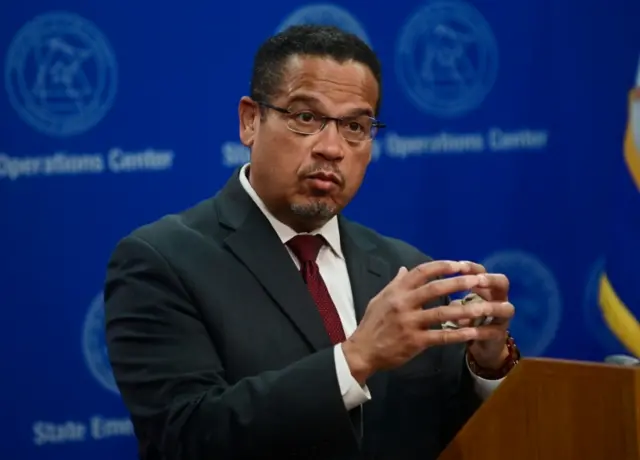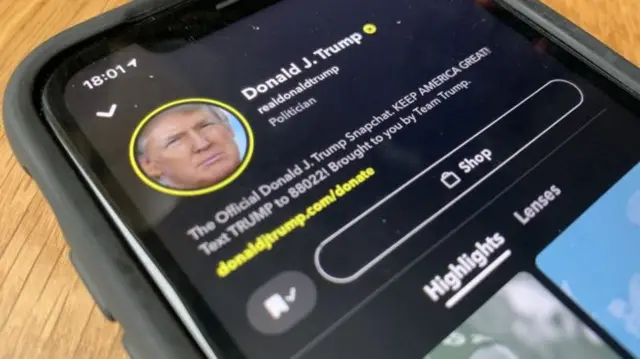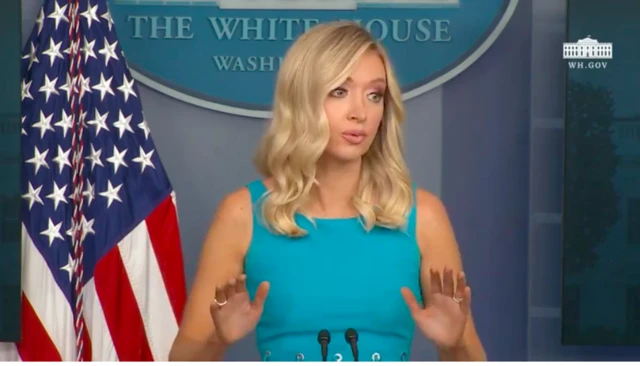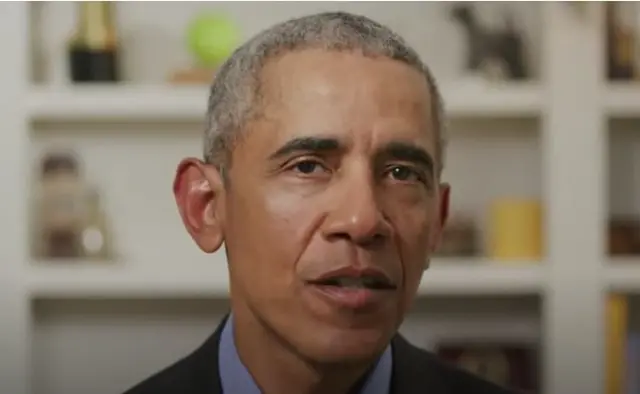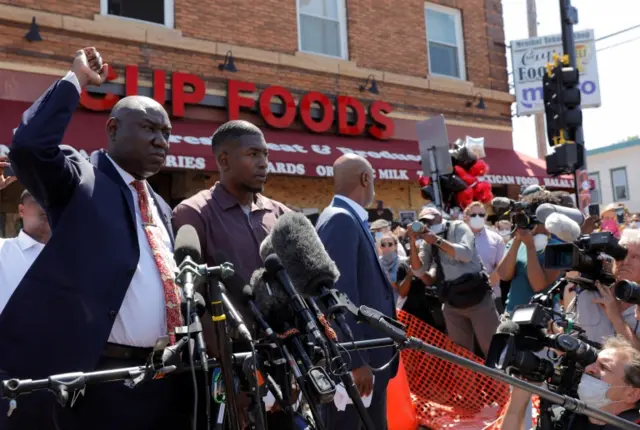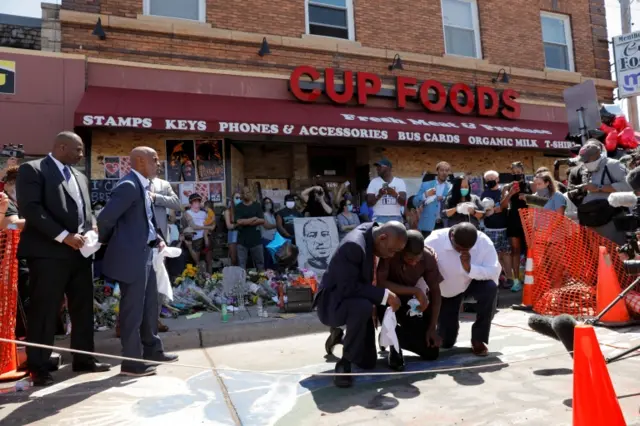AG Ellison: Prosecution case 'could take months'published at 21:21 BST 3 June 2020
Ellison warns: “In order to be thorough, this is going to take months. It is better to make sure that we have a solid case, fully investigated, researched, before we go to trial, than to rush it. It will take a while, I can’t set a deadline on that.”
